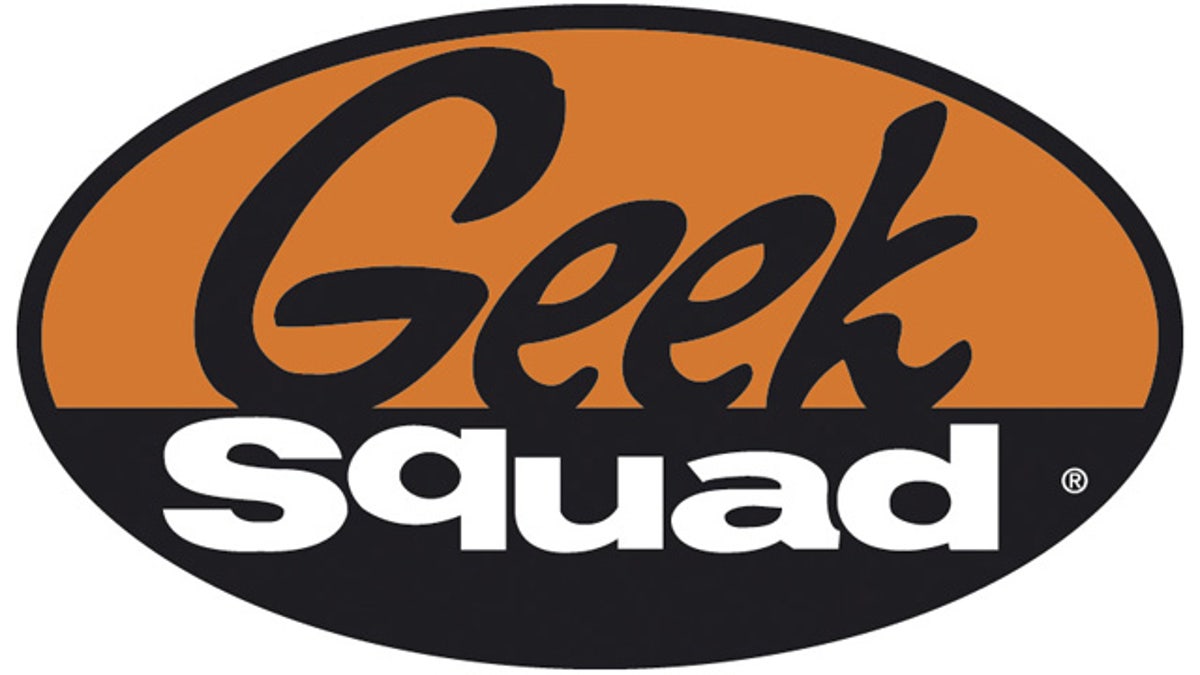
(The Geek Squad)
You've got tech questions, we've found the answers. We've asked the tech experts at the Geek Squad to help you make the most of your technology, answering your thorniest tech questions. So if you're wondering what to buy, how to plug it in, or how to fix it, the Geek Squad can help.
This week, Geek Squad agent Ismael Matos fields YOUR questions.
"I think most of us know what the conversion to IPv6 is generally about -- in broad terms, I mean. However, even though I have an above-average knowledge of PCs, I'm perplexed about what home users must do, if anything, to be ready for the IPv6 transition.
Taking into consideration that many home users have routers, can you please address the areas that will require our attention when the upgrade to IPv6 begins? I hope you'll particularly address whether any new equipment may be needed: modems, routers, and PCs, or whether the change-over is just a matter of making a few setting adjustments. Thanks!" -- Tony M.
Good question, Tony! Some people have gone so far as to call it "the end of the Internet." Reality is less extreme than that, however. Let's start by looking at why the transition is needed.
IPv6 (which stands for Internet Protocol version 6) is the successor to IPv4 (Internet Protocol version 4) -- complicated sounding stuff that’s actually very simple.
Just like your physical residence and your office building, every computer is assigned an address. In the world of computers, this address is called an IP address, designated under the IPv4 standard as four groups of numbers; for example, 192.168.1.1.
With IPv4, this results in approximately 4 billion different possible number combinations. In other words, there are enough unique addresses for about 4 billion computers around the world. You can see where this is leading. 4 billion used to be a lot when the standard was first introduced in 1981. In 2011, with cell phones, smartphones, and tons of other gizmos getting addresses, we're fast running out of them.
Consequently, we need to create new ones – which brings us to IPv6, a new standard which will allow for many, many more IP addresses.
As far as preparation is concerned, there’s no need to worry about buying new equipment. In fact, most operating systems already have the IPv6 protocol so the transition should be seamless.
When it comes to networking equipment, such as routers and network adapters, a simple software or firmware update should be all you need. Check the website for your hardware manufacturer for specific details.
"Often my computer will be running loudly and become quite slow. When I check the Task Manager, I find one or more of these "svc host" files running -- and using all or almost all of the memory, and things begin to creep. Any suggestions?” -- Carl Remus
Svchost.exe is a critical component needed for Windows to run. Therefore, it’s perfectly normal for you to see one or more of these running in Task Manager.
Usually if your computer is running slowly and loudly, it’s caused by multiple programs running in the background which will slow your computer from running other tasks -- as well as cause your fans to spin faster and thus louder. Also make sure to keep your antivirus software updated and if all else fails, it may be time to upgrade your system RAM.
"My iTunes takes up a lot of space on my computer. Can I move it to a portable storage and still use it at the new storage location when I sync my iPhone?" -- Laura Parson
You can certainly move your iTunes data to a portable hard drive. This would require moving the iTunes folder itself to the drive -- just make sure to configure iTunes again so it knows your folder’s new location. It's an easy change to make in the program's Preferences dialog box.
"My wife’s computer takes 20-30 minutes to turn on. The hard drive is so full we can't load anything on it. How do I remove everything from start up?” -- Brad Gregory
The first thing I would suggest is to buy an external hard drive to back up your data -- which you should do regularly -- as well as free up some disk space.
Also, computers can take a long time to load if you have a lot of programs launching during startup. If you can live without some of these programs, one choice is to uninstall them but most programs also give you the option to remove them from startup if you navigate their options or settings file menus.
Got a question? E-mail us at AsktheGeeks@foxnews.com and we'll relay it to the Geek Squad. Next week, the Squad will answer the most interesting or most frequently asked questions.








































